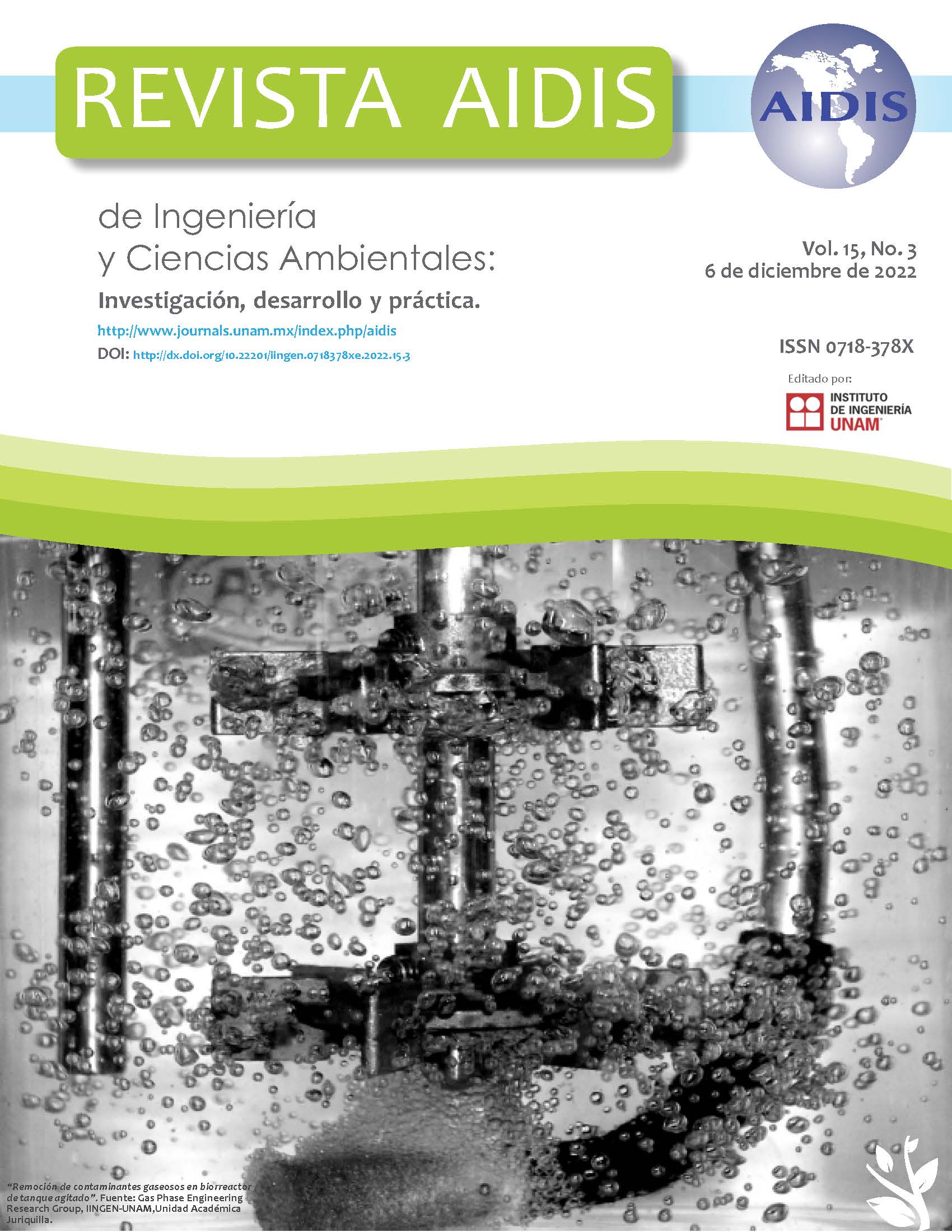MINIMIZAÇÃO DOS IMPACTOS AMBIENTAIS CAUSADOS POR PEÇAS DO VESTUÁRIO DESCARTADAS PÓS FABRICAÇÃO: UMA PROPOSTA DE MODELO DE NEGÓCIO PARA O POLO CONFECCIONISTA
Contenido principal del artículo
Resumen
A produção acelerada de peças do vestuário tornou-se um problema constante no mundo atual, principalmente pela geração de resíduos sólidos provenientes tanto do processo produtivo, como também, pelo descarte inadequado dessas peças pós-produção. No município de Divinópolis, reconhecido pela Lei Estadual 22.895/18, como o principal polo confeccionista do estado de Minas Gerais, essa situação não é diferente. Neste sentido, um dos objetivos deste estudo foi analisar a quantidade de peças produzidas e não vendidas pelas confecções do vestuário deste município. Para cumprir com o objetivo proposto foi utilizado um questionário para coleta de dados. Os resultados indicaram uma estimativa de 100 milhões de peças do vestuário em saldos ao ano. Dessa maneira, propõe-se a minimização dos impactos ambientais causados pelo descarte precoce de tais peças por meio de um modelo de negócio: a implantação de uma loja outlet multimarcas para comercializar, exclusivamente, produtos em saldos de empresas do polo confeccionista. Em busca de proporcionar uma vida secundária aos artigos de moda, além de conservar os recursos naturais contidos nos produtos e proporcionar uma destinação adequada conforme a Lei nº 12.305/10 (PNRS), espera-se com este estudo, contribuir com o desenvolvimento econômico das indústrias de confecção do vestuário e com a minimização dos impactos ambientais causados pelo excesso de artigos do vestuário enviados diretamente para aterros sanitários.
Detalles del artículo
Citas en Dimensions Service

Esta obra está bajo una licencia internacional Creative Commons Atribución-NoComercial-SinDerivadas 4.0.
